Instantaneous water heaters do more than heat water. You ask, it delivers, exactly when needed, in precisely the right amount and always at the selected temperature. Ingo Hamann, managing director of Stiebel Eltron South Africa shares, why you should go for instantaneous water heaters for hot water generation.
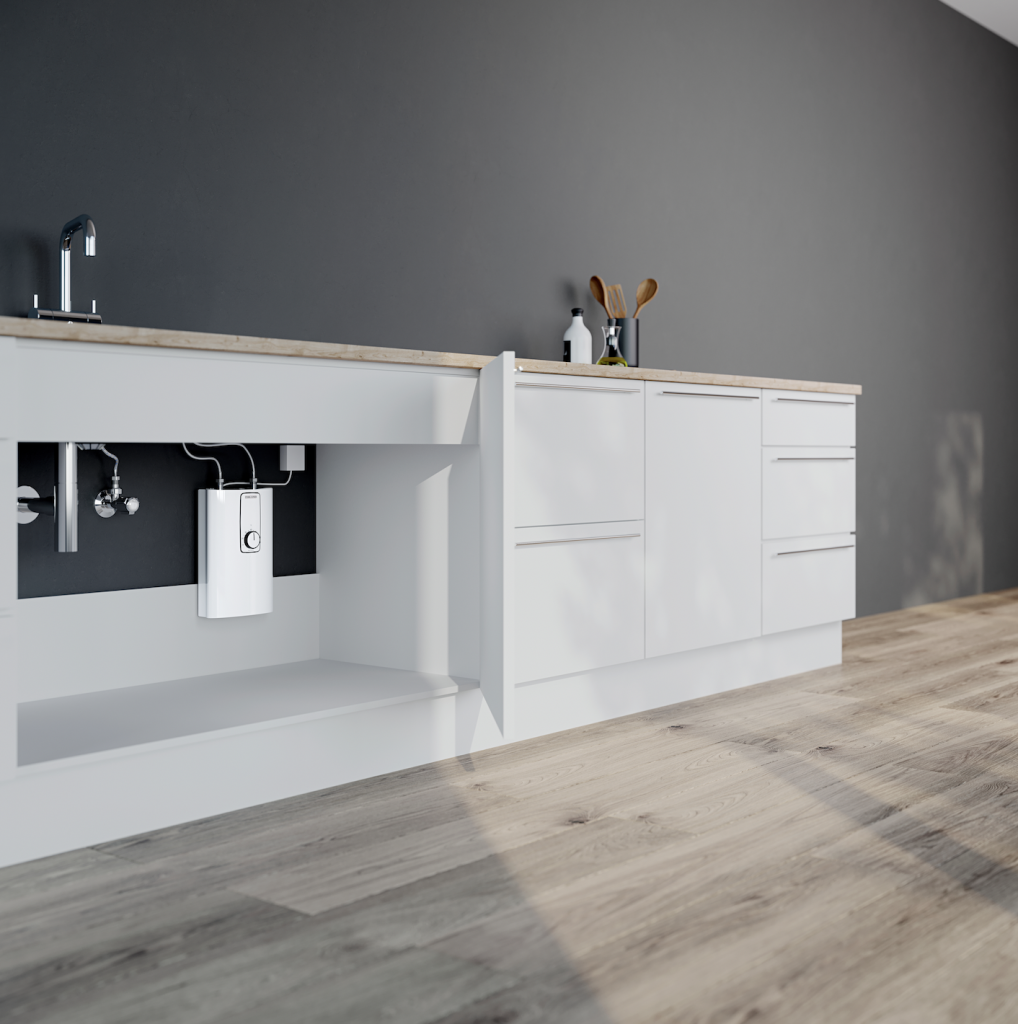
How do instantaneous water heaters work?
The general operating principle is the same for all instantaneous water heaters and is described below. These very compact appliances offer a heating output high enough to heat the incoming cold water as it flows through. There is no need for a geyser, such as those usually required in centralised hot water systems.
Depending on the appliance type, these instantaneous water heaters differ in terms of the control concept, equipment level, operation, and heating element technology. All this has an impact on efficiency and DHW convenience.
Did you know? Electronically controlled instantaneous water heaters save up to 30% on energy and water costs compared to hydraulic instantaneous water heaters.
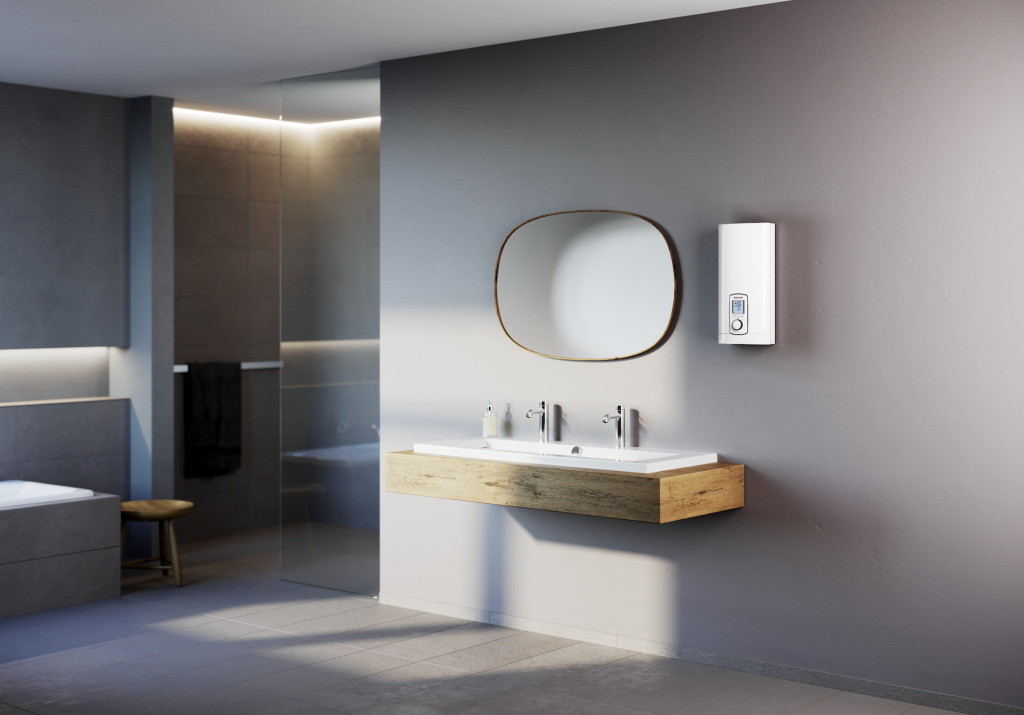
What are the advantages of decentralised instantaneous water heaters over centralised DHW systems?
Solutions for efficient DHW heating are differentiated into centralised and decentralised concepts. Centralised DHW solutions are mostly geysers that are heated by the central heating system – a heat pump or the oil or gas burner.
In this case, reasonable efficiency levels dissipate through long supply lines. The actual energy efficiency of the system usually only comes to light in the end-of-year bill. This is because many cost factors, such as DHW circulation, cylinder losses, standby energy losses and distribution losses result in high energy consumption.
Such factors are seldom recognised as DHW costs. If these hidden costs are also taken into account, then decentralised electric DHW heating systems are often more economical than centralised systems. This has been verified by various different studies.
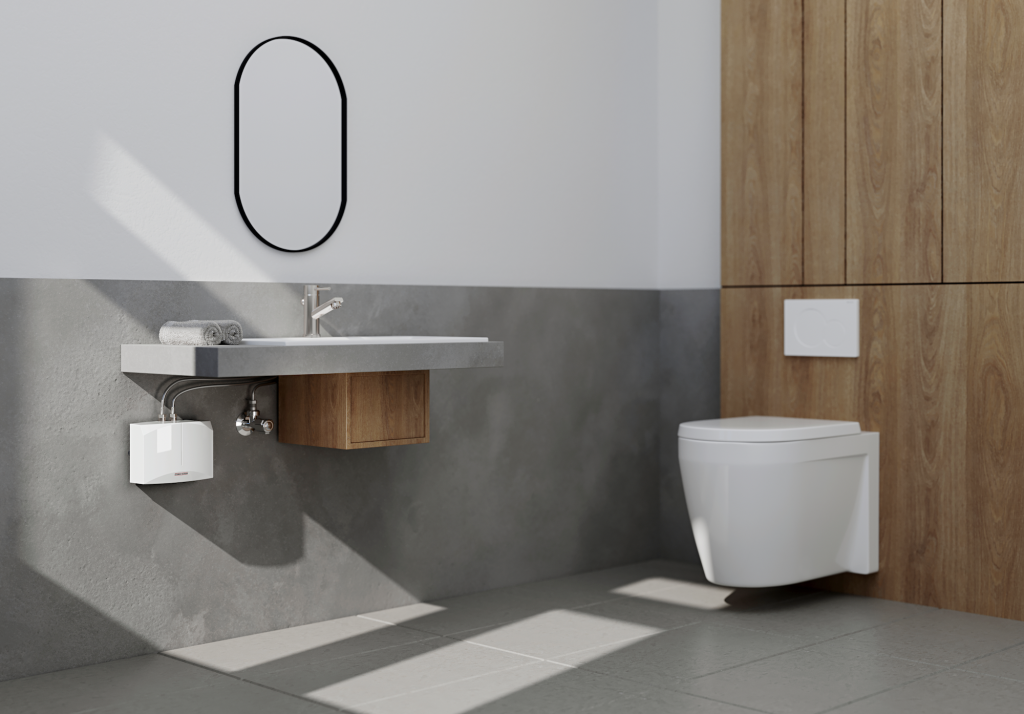
Decentralised DHW provision offers many benefits:
1. Close to the point of use
DHW heating appliances are fitted precisely where they are required: at the kitchen sink, at the washbasin, next to the shower or over the bath.
2. Energy saving
Short pipe runs, due to installation directly on-site, ensure that heat loss is reduced to a minimum. This saves energy and protects the environment.
3. Water-saving
Short pipe runs also mean that there is no cooled water in the supply line that needs to run off unused when hot water is drawn. If it is drawn directly at the source, no precious water is lost.
4. Affordability
Since decentralised electric DHW appliances use all the energy, they make for a particularly economical system.
5. Easy to fit
Stiebel Eltron DHW appliances for decentralised DHW provision are quick and easy to install – even when replacing older appliances. This limits expenditure and saves time.
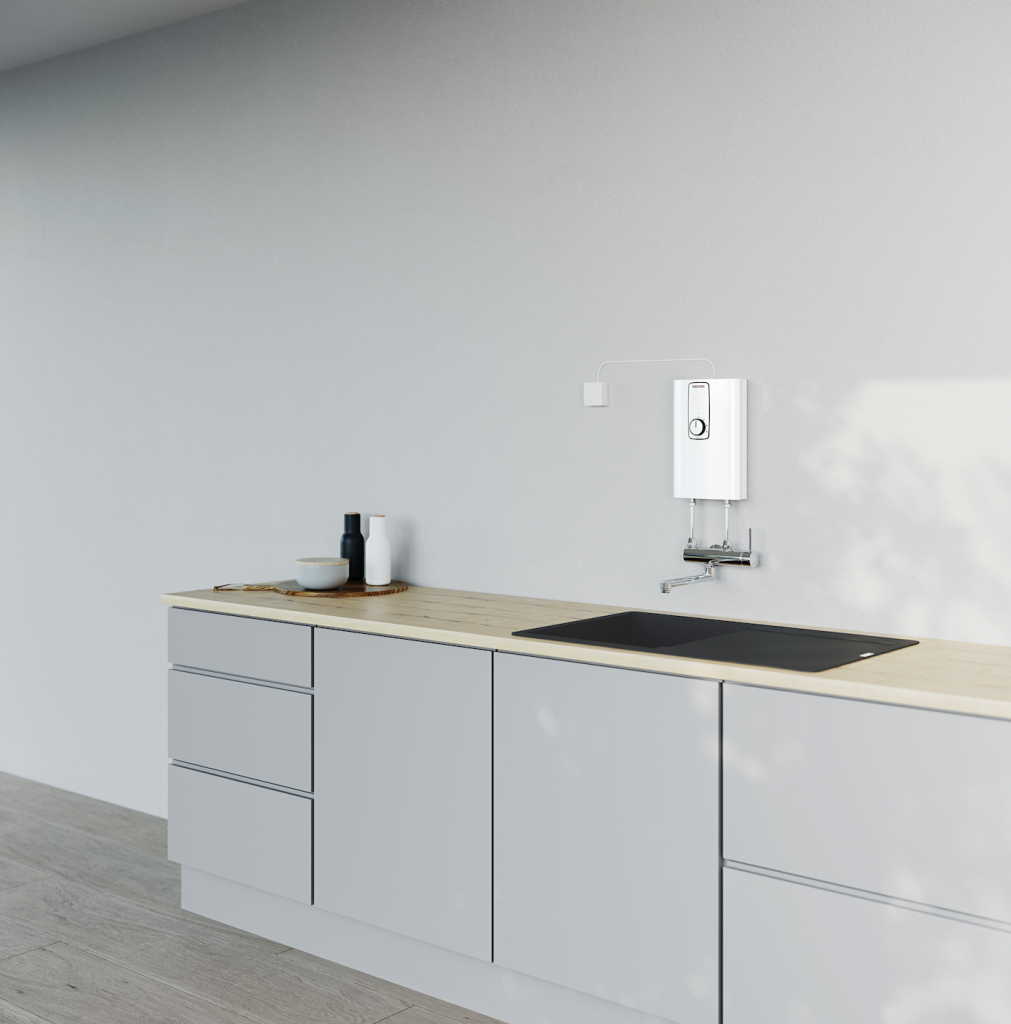
How green are instantaneous water heaters?
Electric instantaneous water heaters are energy-efficient and environmentally responsible. This has been examined and confirmed by various studies, such as Reduction of energy consumption and CO2 emissions through decentralised electric DHW provision by the FfE Forschungsgesellschaft für Energiewirtschaft mbH (energy industry research institute).
The major benefit of decentralised DHW heating lies in the proximity to the draw-off point. Short pipe runs ensure that heat loss is reduced to a minimum and that hot water is available quickly when it is drawn off next.
Instantaneous water heaters only ever heat the amount of hot water that is currently required. Compared with centralised systems, this results in no geyser or standby energy losses. Neither are there any energy losses for distribution or DHW circulation lines. The bottom line is that electronic instantaneous water heaters save energy, water and costs.
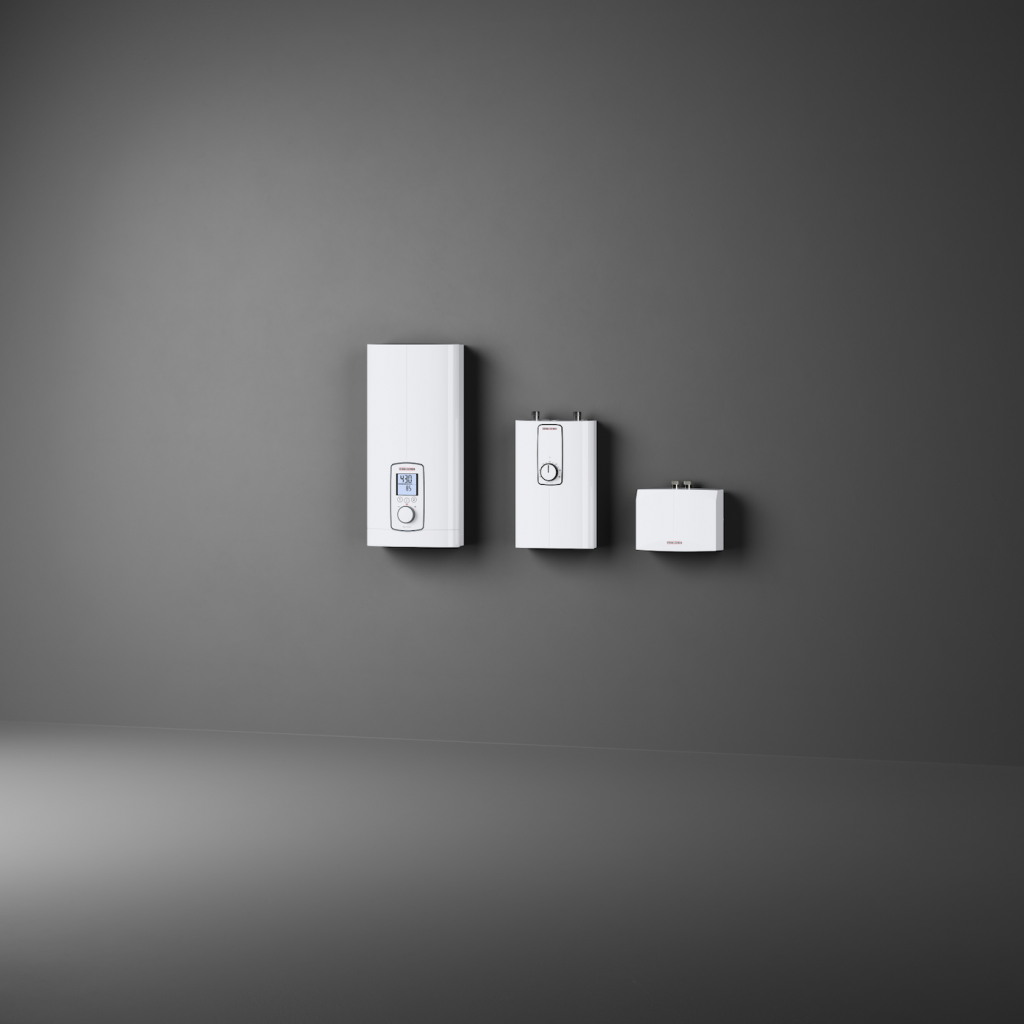
Stiebel Eltron is available at On Tap. Shop online today: https://shop.ontap.co.za/










Leave a Comment